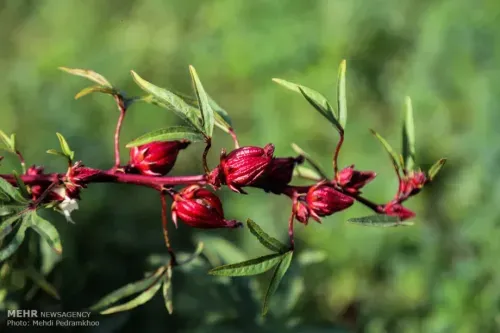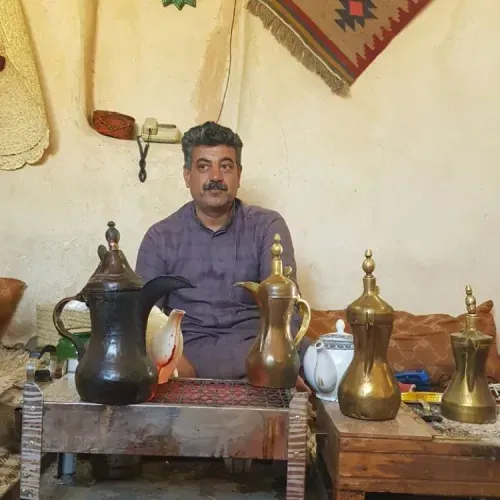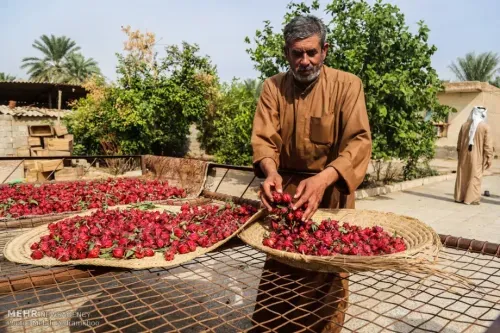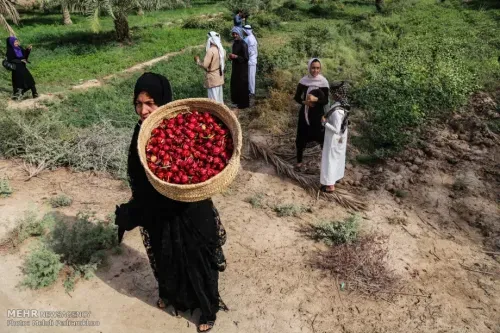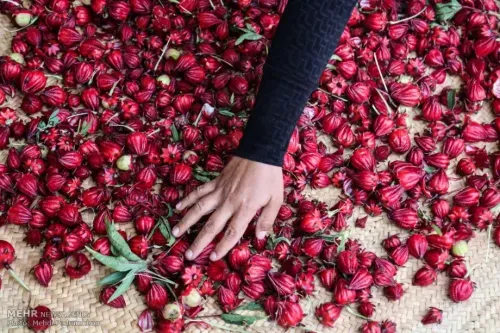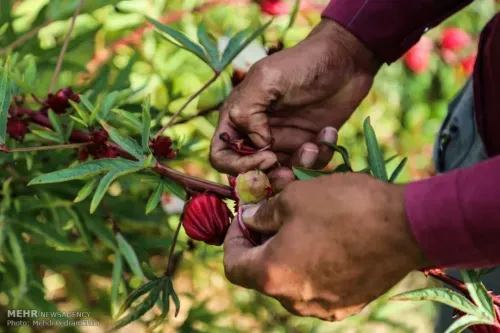
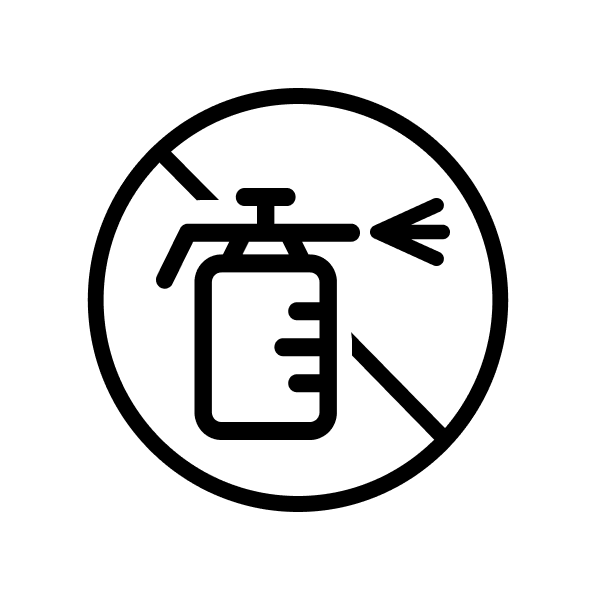

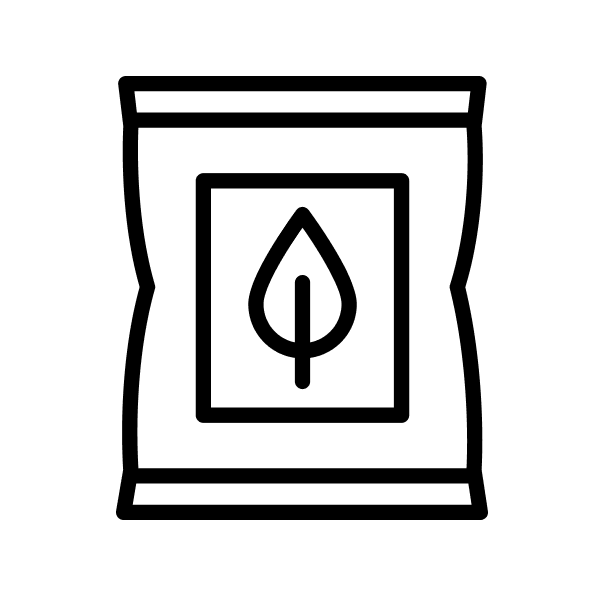


There is a village called Alweh around a big river, named Karun in West Asia. The name of this village means “high” due to its high position compared to the surrounding lands. In 1968, a huge flood flooded all the villages around the Karun River. However, Alweh, being located at a higher elevation, remained untouched by the flood. From then on, this village was known as Alweh, “High”.
In this village, there is a clay guest house with a wooden roof and frames on the wall and some hand-woven carpets spread on the floor. A stove with burning coals in the corner and a row of tea and coffee cups with narrow waists catch the eye more than anything else. They tempt you to lean against the wall next to them and get lost in the intoxicating aroma that circulates in the intimate atmosphere, which is made more enjoyable by Abu Ali’s witty jokes. Abu Ali’s captivating narrative of the village of Alweh and his red tea should be heard with his sweet dialect and his usual humor. A year ago, this village of 360 people with an unfamiliar name gained world fame thanks to tourism activists for its sour tea and the purity of its people. The footprints of foreign tourists are imprinted in its fields and groves.
The language of the people of this region is Arabic, and Abu Ali could only say hello in Farsi at the beginning of the establishment of this guest house. He learned Persian quickly and well in less than five months and is now learning English to communicate with foreign tourists. This persistence and interest is commendable.
Sour tea was cultivated in Alwah village for many years, but in 1999, with the death of Abu Hashem, the elder brother of Abu Ali at the age of 65, tea production in this village also stopped after several decades.
A few years after the death of Abu Hashem, Abu Ali planned to revive the cultivation of sour tea in this village, but his efforts to find the seeds of this tea were unsuccessful. He thought of asking Abu Hashem’s wife for help and asking her to let him see the boxes of Abu Hashem’s belongings.
While browsing through the wooden boxes of the late Abu Hashem, Abu Ali fell into a small knotted plastic bag containing three seeds of this tea and planted it in a field by the Karun River without anyone knowing. Nowadays, sour tea is grown even in the courtyards of the people of Alweh village.
Abu Ali’s little son is very eager to follow his father’s path. With a kettle in his left hand and a cup of coffee in his right, the sound of their harmonious voices complements his father’s words about the village’s potential. He talks about the local food of this village with a lot of warmth.
